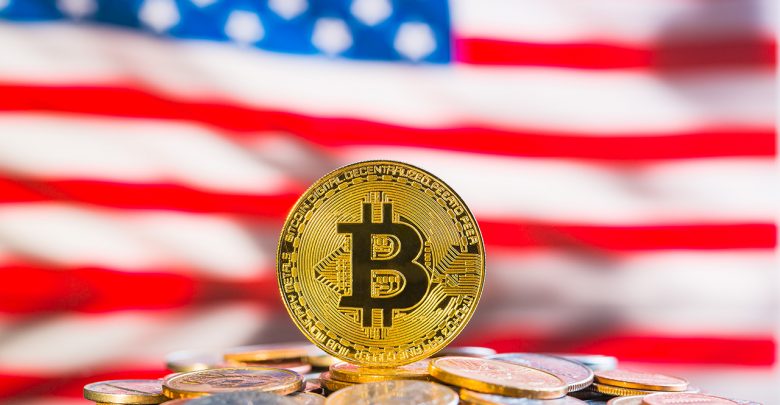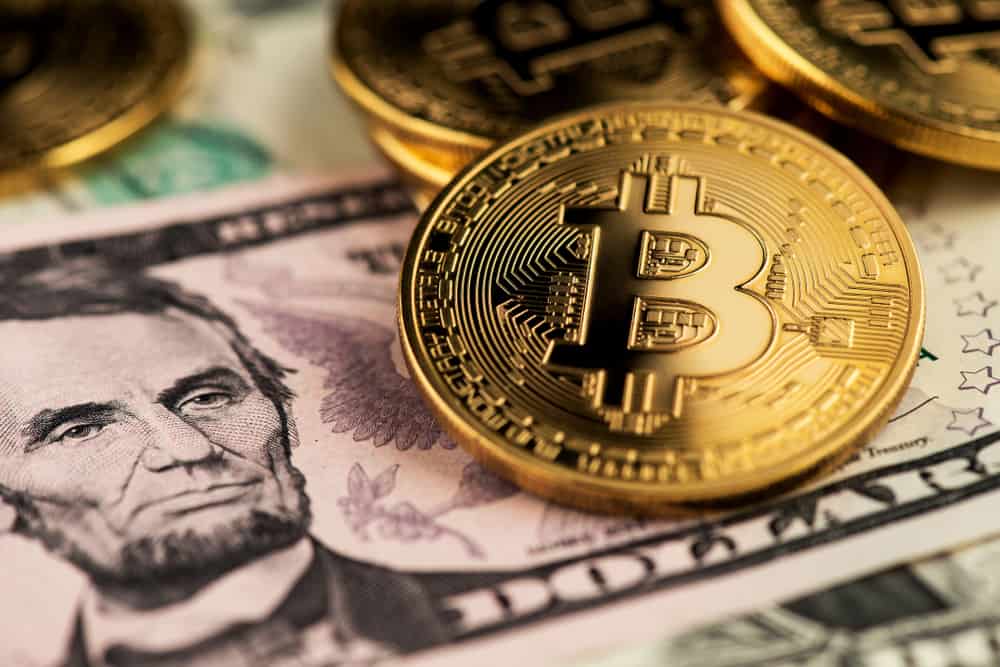Cryptocurrencies are decentralized and thus can’t be controlled by governments. This puts many governments at unease because if they provide you money and instead of using that, people shift towards other currencies such as decentralized ones what role a government has left to offer . Hence there are two options with a government either to regulate Cryptocurrency or add a complete ban. But there are different sets of rules and it might not be transparent most of the time because some countries have a partial ban known as banking ban, some have more restrictions, etc. Like in the U.S.A virtual currencies are considered as property and tax accordingly but in Russia, it is legal to mine however they have a banking ban and in Ecuador, it is completely illegal. All these different points of view give rise to the question: Is Cryptocurrency banned in the USA and if legal, then to what extent?
Bitcoin Regulation and History in USA
Commodity Futures Trading Commission regulates virtual currency as commodities. That means they are considered as fungible assets in the USA. Moreover, registration of virtual currencies being traded is required if classified as a security or any trading platform meeting its definition of an exchange. The U.S. Securities and Exchange Commission (SEC) requires this registration. Tax regulations and FINCEN transparency regulations are also included in the regulatory structure of cryptocurrencies. These regulations are to keep track and prevent any fraud, money laundering and other crimes.


The primary thing setting USA apart from other countries is its involvement in the civilized currency system since dawn. Introducing laws and tieing it with the value of gold and afterwards directly influencing all the currencies in the world because of its monetary policies. These policies give USA an edge as its currency “Dollar” is now independent of the country’s internal productivity. Thus it is widely accepted and considered as a global or universal fiat currency. But this advantage makes Dollar prone to a disturbance with changes in the currency system. After the introduction of Bitcoin (the first cryptocurrency), not many were familiar, let alone governments adopting this system. But what was the stance of America on this? Their approach was to resist Bitcoin and other cryptocurrencies. Which wasn’t the best approach as many cryptocurrencies were and are based on decentralization. Governments are scared of what they can’t control but it was alarming for the U.S because cryptocurrency would not only be out of their control and jurisdiction but it will adversely affect their standard unit of international finance and transactions (Dollar).
Current stance of U.S.A on Cryptocurrency
It is 2020 and still, we see many in the U.S trying to ban cryptocurrencies or reiterate that banning it will be very difficult. Cryptocurrency, as the name suggests, holds a value to itself and is stored inside systems — Out of the reach of governments. But for the U.S this virtual currency will always remain a problem. On July 16, 2019, the U.S. Senate Committee on Banking, Housing and Urban Affairs held a meeting on the subject of “cryptocurrency and blockchain technology regulation” Most of them have realized that there is no way of banning/killing cryptocurrencies but what they can do is regulate it. Committee chairman Sen. Mike Crapo added:
If the United States were to decide — and I’m not saying that it should — if the United States were to decide we don’t want cryptocurrency to happen in the United States and tried to ban it, I’m pretty confident we couldn’t succeed in doing that because this is a global innovation,
The U.S. will ban and kill cryptocurrencies if they can find a way to do so. Hence it leaves them with only one viable option: Regulations and restrictions to limit most of it. They have adopted the passive-aggressive approach. It is legal but with many obstacles that make it hard to do anything legally. This way they can claim being good with virtual currencies however making it hard for everyone to use cryptocurrencies. Think of it as ” You can do this if you can complete a nearly impossible task“.


Bitcoin was invented by the mysterious Satoshi Nakamoto in 2008 and released as open-source software in early 2009. Slowly the idea of Bitcoin gained momentum and it started touching the value equivalent of 100 Dollars. The price of Bitcoin was around 266$ on 11th April 2013. During this period, the number of transactions rose from 4000 to over 1,000,000 (1 Million). The price of 1 BTC was equivalent to 1000$ in January of 2014. This massive surge of cryptocurrency and increasing illegal transactions demanded regulations.
First Regulation of Bitcoin
After quite some time U.S.A realized that Bitcoin was putting everything they had, at risk along with the fact that its price was growing substantially so much so that when the U.S. Treasury classified bitcoin as a convertible decentralized virtual currency in 2013, 1 Bitcoin was over 100$ and even reached 1000$ at the end of that year while at the time of writing it sits at $9,300. Then the realization period hit and in September 2014, TeraExchange, LLC, got approval from the U.S. Commodity Futures Trading Commission to commence listing an over-the-counter swap product based on the price of a bitcoin. It was the first time that any regulatory agency in the U.S. approved any cryptocurrency. Being seen as a green flag, it became clear that that the U.S. approves of cryptocurrency. Since then, many modifications in the rules have taken place, such as requirements to operate as an exchange, the qualifications and characteristics of tokens and many more. The Commodity Futures Trading Commission (CFTC), classified bitcoin as a commodity in September 2015. Then came the Initial Coin Offerings (ICOs), which helped cryptocurrencies gain momentum. U.S. Securities and Exchange Commission (SEC) was at the forefront to regulate the new cryptocurrencies as it missed the chance to do so with Bitcoin and other cryptocurrencies before 2014.
Conclusion
The role of U.S. has been affecting cryptocurrencies and this might continue, but no matter what happens, this effect is nowhere near the effect that cryptocurrency has on the dollar. The authorities and lawmakers in the U.S are struggling to find ways that could help facilitate banning or removal of cryptocurrencies. They most certainly will ban virtual currencies if they find a way to do so. Until then they have a lot of regulations that restrict movement or support of it.
What do you think about Bitcoin and how USA should adopt it ?














[…] cryptocurrencies like BTC are legal in America, you can now buy a Tesla using BTC if you are in the United States (US). But the rest of the world […]